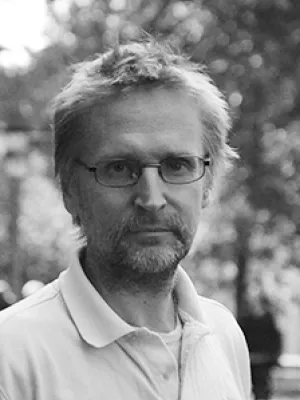Steppe State Making
Author
Summary, in English
Recently several distinct literatures have thematically converged around the topic of non-European state-making: political scientists – both comparativists and international relations scholars, historical sociologists, comparative and world historians, anthropologists, archaeologists and others, have begun to interest themselves in state making or state formation in non-European settings, and also in state making in historical periods other that the early modern period (Vu 2010). These various literatures, as is to be expected, both exhibit important similarities and expose different disciplinary foci and obsessions. One difficult-to-exaggerate crucial similarity across these literatures is that Tilly’s quip “war made the state, and states made war” figure as an explicit or implicit interlocutory in them. While Tilly presumably would never have de-contextualised this generalization and claimed universality for it, always emphasizing context and initial conditions, the core argument of this paper is nevertheless that nomad state making in the Eurasian steppe, at least, does not follow this pattern. War-like and barbarian as they may seem in Eurocentric and Sinocentric sources and histories, not to mention popular culture, the nomads of Eurasia, I will argue, formed states mainly in order to secure trade, not to conquer and rule. The effect of this pattern of state making was an Eurasian political economy, rather than a Waltzian international system. Let me be clear at the outset; this is not a Marxist or a World System Theory, or economistic reductionist, argument. Modes of production and class conflict do not figure prominently in my argument and material explanatory factors do not weigh heavier than political factors. Instead, my argument is that nomad states took the (non-European, non-Tillean) form they took because they did not need to, and there was no strategic payoff to, develop more centralized, bureaucratic, and socially penetrating and/or responsive forms to achieve the goal of securing trade.



